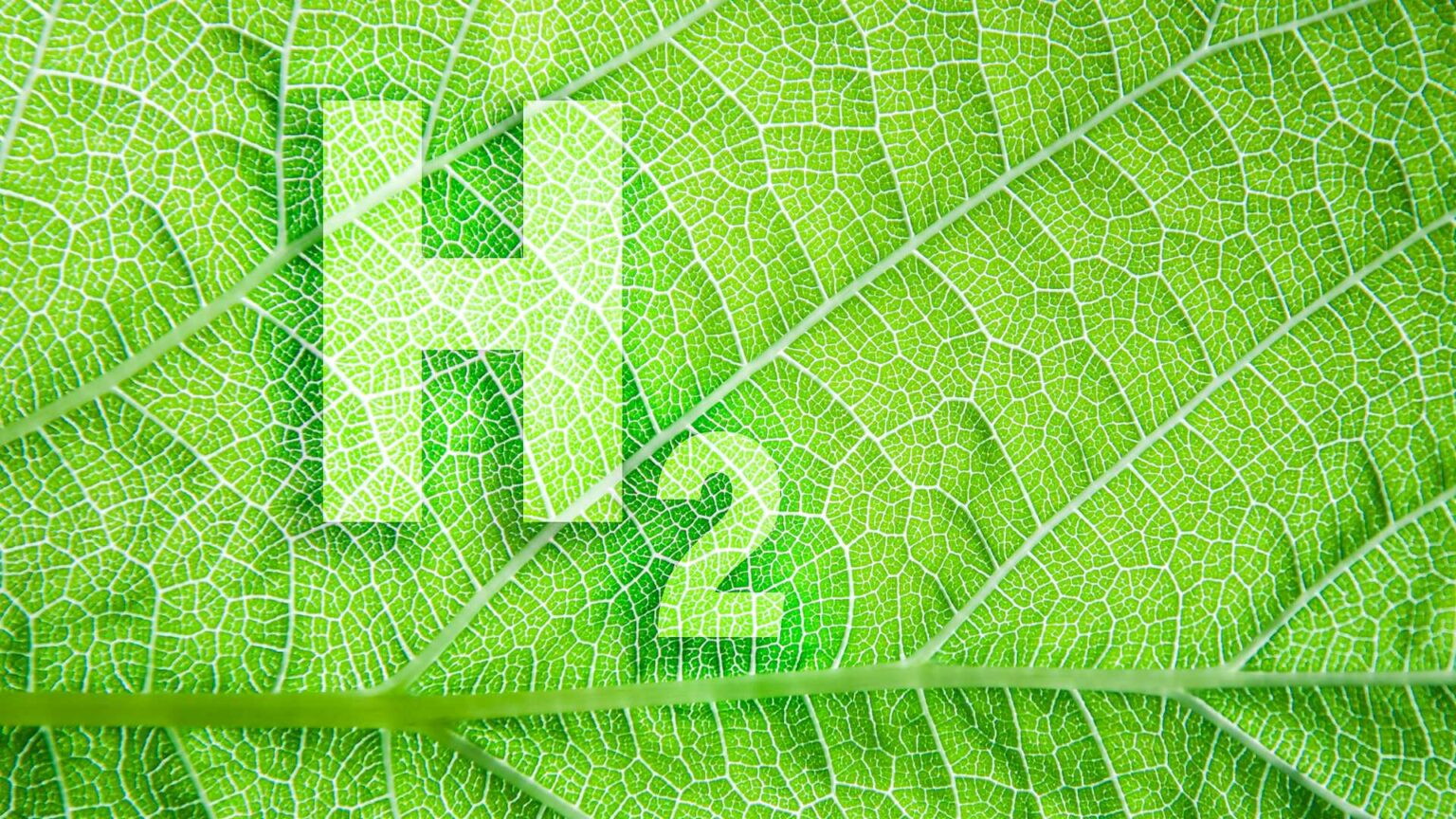Green Lithium Refining has partnered with EDF to utilize green hydrogen in its Teesside refinery for the production of low-carbon lithium.
This collaboration aims to address concerns regarding Europe’s dependence on imported refined lithium and contribute to the region’s growing demand for battery-grade lithium chemicals.
Currently, China dominates the global lithium refining market. This heavy reliance on external sources raises concerns regarding security of supply, price volatility, and potential environmental impacts associated with overseas refining practices. The Green Lithium-EDF partnership seeks to address these concerns by establishing a domestic, low-carbon lithium refining solution within Europe.
Green hydrogen, produced through electrolysis using renewable energy sources, offers a promising pathway towards cleaner industrial processes. By replacing fossil fuels with green hydrogen at their refinery, Green Lithium estimates a potential 75% reduction in emissions compared to conventional refining practices. This collaboration leverages EDF’s Tees Green Hydrogen project, which aims to produce over 50,000 tonnes of green hydrogen annually.
Green Lithium claims that with EDF’s green hydrogen supply, their refinery will be capable of producing over 50,000 tonnes of low-carbon lithium chemicals annually. This projected capacity is estimated to support the creation of over a million electric vehicles (EVs) within the European market, with potential for significant growth by 2030.
The Green Lithium-EDF partnership presents a compelling vision for a more sustainable and secure European lithium supply chain. By leveraging green hydrogen technology, this initiative has the potential to significantly reduce the carbon footprint of lithium production. However, overcoming economic and technical challenges will be crucial for this project to deliver on its ambitious goals and contribute meaningfully to the green transition.
